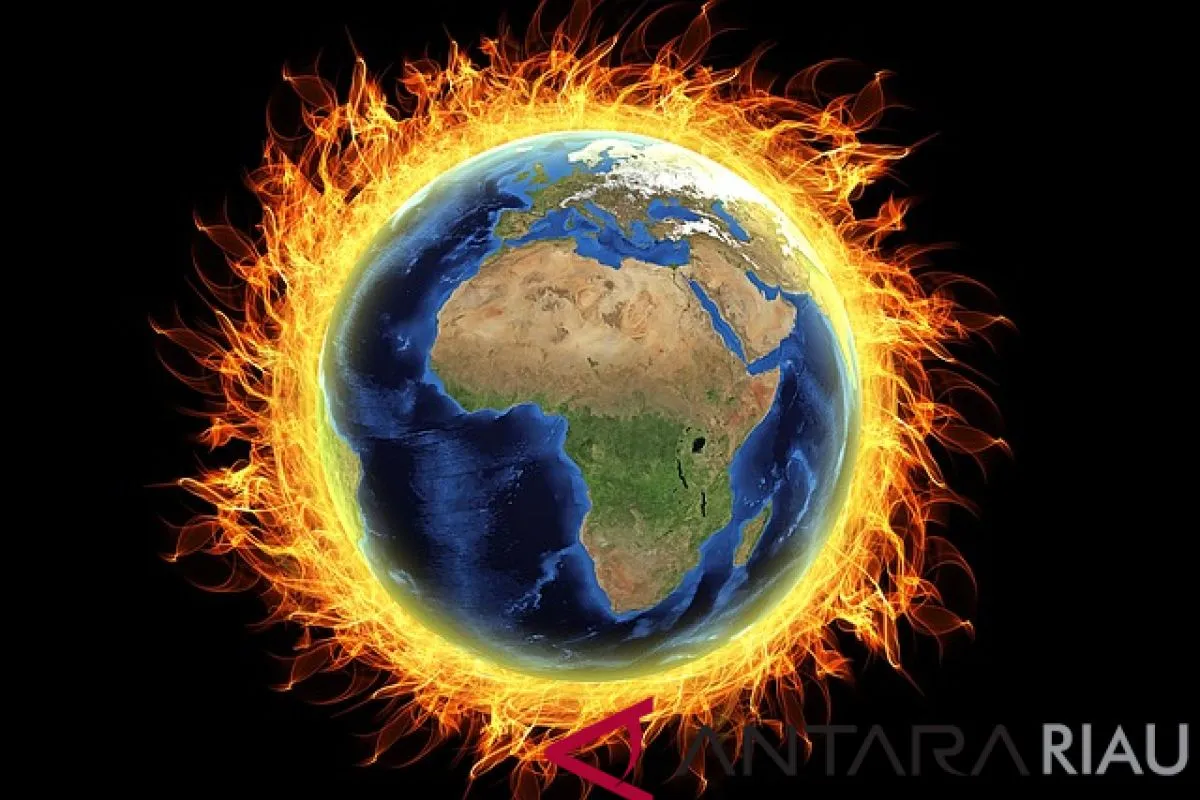VOINews, Moscow: Human-induced climate change has caused the deaths of at least 3,700 people in 2024, while the number of extreme heat days worldwide reached a staggering 41 days, according to a joint report by World Weather Attribution (WWA) and Climate Central.
The report, published on Friday, highlights that extreme temperatures driven by human activity have triggered a series of global disasters in 2024, including heatwaves, droughts, wildfires, storms, and floods. Record-breaking global temperatures have also led to unprecedented rainfall, with 15 out of 16 floods analyzed in the report linked to increased precipitation caused by climate change.
Simultaneously, the Amazon rainforest and Pantanal wetlands faced severe droughts and wildfires, resulting in significant biodiversity losses. The report underscores the devastating impact of climate change on critical ecosystems and their ability to sustain life.
WWA and Climate Central have called for urgent action, including a faster transition away from fossil fuels, increased funding for developing nations, direct reporting of heat-related deaths, and improved early warning systems for extreme weather events. These measures, they say, are crucial to reducing the human toll of future climate disasters.
The October findings by WWA revealed that over 500,000 people globally had died from the most deadly natural disasters over the past two decades, with climate change identified as a major contributing factor. This alarming trend underscores the urgent need for global cooperation to mitigate the impacts of a warming planet.
“Climate change caused the deaths of at least 3,700 people and displaced millions due to the 26 weather events we studied in 2024. Globally, it added an average of 41 additional dangerous heat days, posing severe risks to public health,” the report’s press release stated.
The true death toll from extreme weather conditions in 2024 could reach "tens or hundreds of thousands," as the report only covered a limited number of "most impactful" weather events. This highlights the hidden human cost of climate change and the gaps in global disaster reporting.
Small island nations and developing countries bore the brunt of these dangerous heat days, facing the highest frequency and intensity of extreme conditions. The report emphasizes the disproportionate burden carried by these vulnerable regions, which often lack the resources to adapt to the accelerating climate crisis.
The findings add to mounting evidence that climate change is no longer a distant threat but a present and growing danger. As nations face the increasing toll of extreme weather, the call for immediate and unified global action becomes ever more urgent./ANTARA




